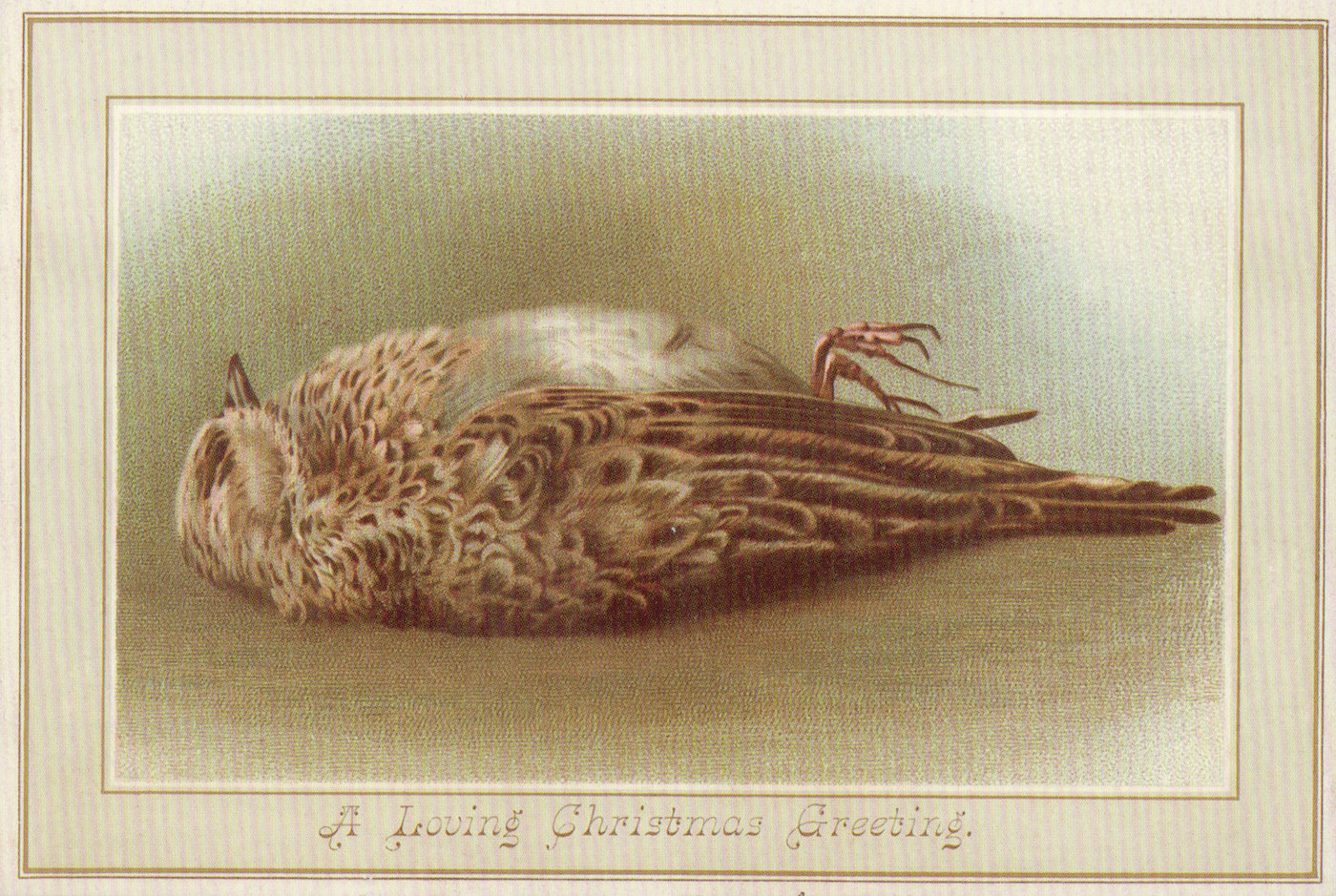Little Brown One
Little brown sparrow,
All I could do was hold you;
All I could do was stroke you;
All I could do was whisper and soothe.
I told you it was okay;
There was nothing I could do!
There was nothing I could do!
Little brown one, tan and soft and fluffy,
Thank you for coming to me!
I can only wonder why it all happened,
It felt to me so evil, after such beauty,
I wish I could encase your body in gold,

Little brown sparrow,
fluttering, feathering on my balcony,
As you scraped around, flapped about
gently I picked you up,
Held your quivering fluff in my palm,
felt the life still filling your chest.
Eyes still open, you must have seen me;
and crying out, did you thank or fear me?
All I could do was stroke you;
All I could do was whisper and soothe.
twittering myself, I told you to sleep,
To dream and fly again,
the sunset pink and peach around us.
Your feathers were soft as angels,
your tail still twitched, eyes closing;
And I said, Let go of the hurt,
It’s okay. It’s all right;
Let it all go, Relax, Relax,
Be at peace, Fear no longer.
There was nothing I could do!
(nothing beyond my own mortal powers)
cupped dying in my hand:
ll I could do was watch the life leave you,
the breath go away, the eyes squeeze shut;
All I could do was mourn your gentle passage,
and whisper that your life was special.
Thank you for giving me your last moments!
I hope you lost your fear, and knew me,
knew I wished you only peace and comfort.
I hope your last thoughts were free of pain,
threshold of a dream of flight unending.
Thank you for trusting me!
Thank you for living those last moments!
I can only feel honor that I held you, I can only wonder why it all happened,
feel tears that I watched – held – you die.
to cast your little corpse away.
But I knew, I think, that it was okay;
that while your body rests with the trash
Your spirit, your soul, is still flying
and your song fills the skies of heaven.
I wish I were an artist! I wish I could encase your body in gold,
enwrap you forever in glass agleam!
I wish I could show all the world your beauty,
or hear even once your song...

A. Gene Childe writes:
ReplyDelete"During a lovely sunset in late June of 1997, I heard an odd scrabbling-sound on the concrete balcony, and stepped outside to find a wild English sparrow (I believe she was female) flapping around in some desperation. She hadn't flown into the glass, so I had no idea why she was there, nor why she was in distress.
But I picked her up, held her, and realized she was dying… and held her while her life ebbed away to nothing. Then I discarded her body sadly in the dumpster (no yard there in our third-floor apartment), feeling while doing so that I'd done something really vile and dirtying to something pure and pretty.
Then I went inside and wrote a verse to this little bird, and cried."
In the 1880s, Christmas cards featuring dead birds became quite popular. They were echoes of the sentimental motif of dead children "sleeping" in the forest and sought to elicit empathy for the less fortunate. Killing wrens and robins in late December was a good-luck symbol; for example, Wren Day (Lá an Dreoilín) is celebrated on St. Stephens' Day (26 December) in Ireland with a bird hunt. God promised to name whatever fowl that flew the highest and furthest king of the birds. The eagle easily outdistanced its rival, but when it grew tired and began to drop lower in the sky, a wren emerged from beneath its wing to soar higher and further than all the others. So, the tradition developed that every year before the feast day (the martyr St. Stephen was betrayed by a wren that made noises while he was hiding) wren boys would hunt the birds and either kill them or keep them alive, and then, dressed in masks and straw suits, parade their prey on a decorated pole or holly branch festooned with ribbons and colored paper, collecting money for charity, singing, "The wren the wren the king of all birds / St Stephen's Day was caught in the furze / Her clothes were all torn, her shoes were all worn / Up with the kettle and down with the pan / Give us a penny to bury the wran / If you haven't a penny a halfpenny will do / If you haven't a halfpenny / God bless you!" So the dead birds on greeting cards may have been related to this partying, meant to convey good wishes for the new year.
ReplyDeleteA very different world from today's! I've read about the sappy, sentimental, treacly dead-baby sheet music popularity of the 1880s, and heard of the clever, high-flying wren... but Stephen and the hunt is a new one on me; thank you for the added bit of history!
Delete